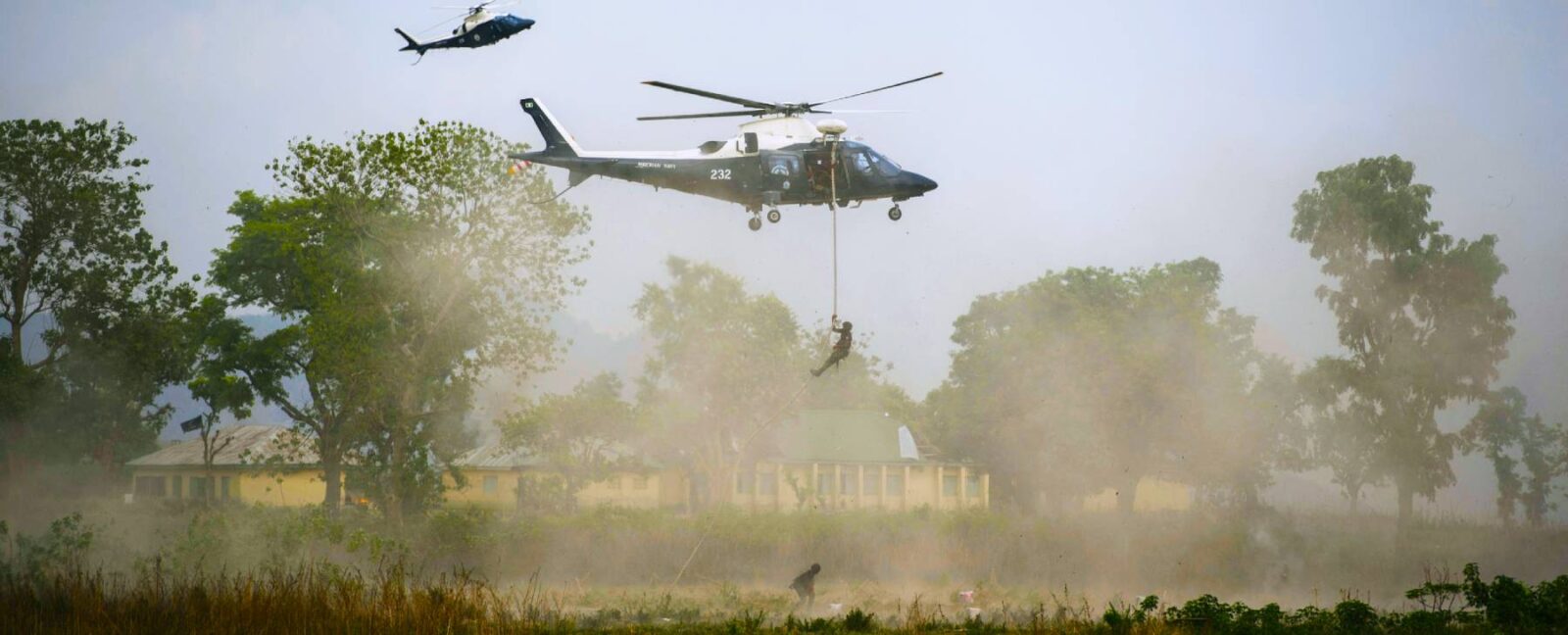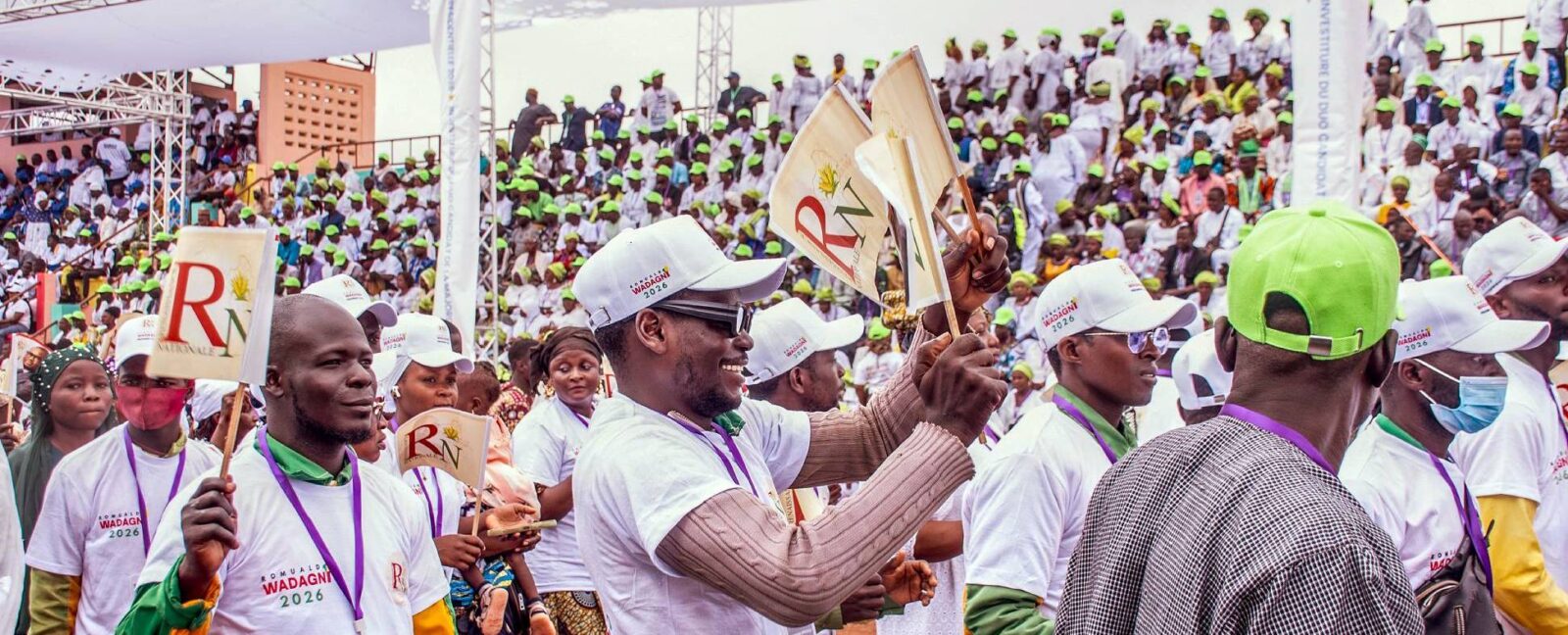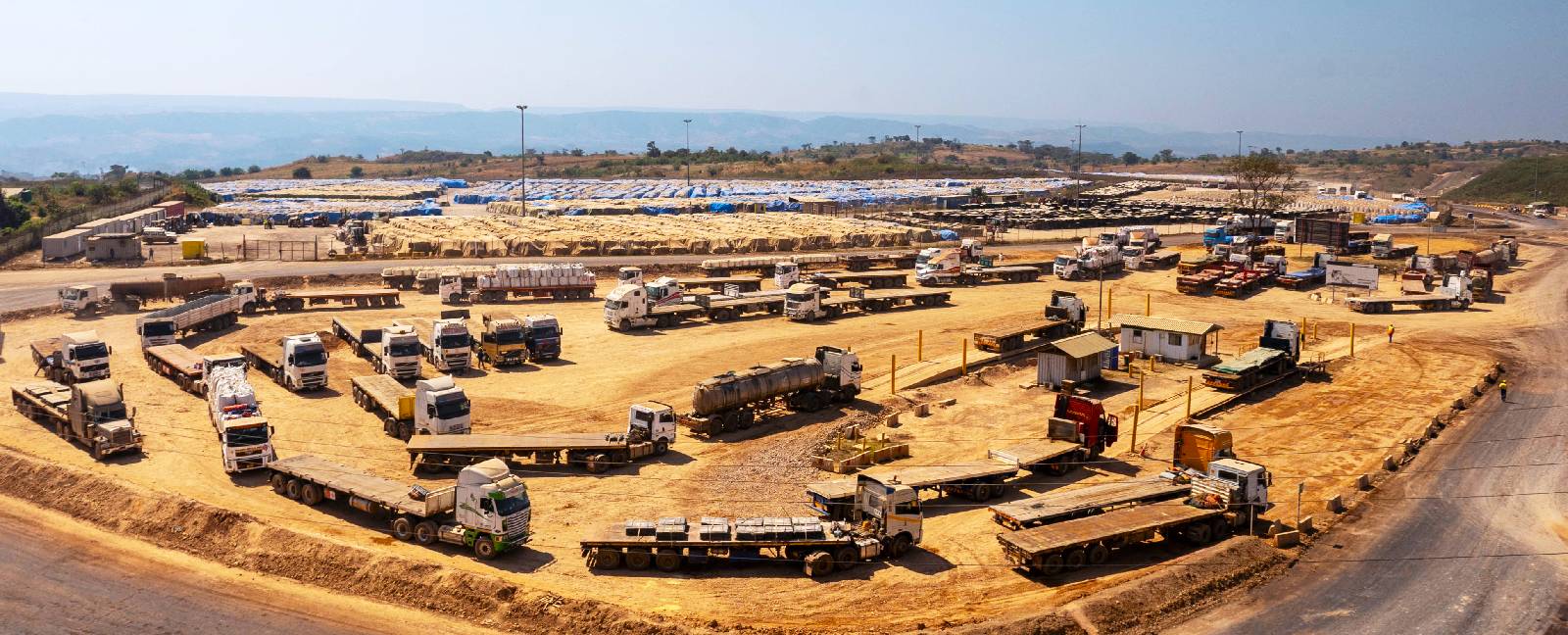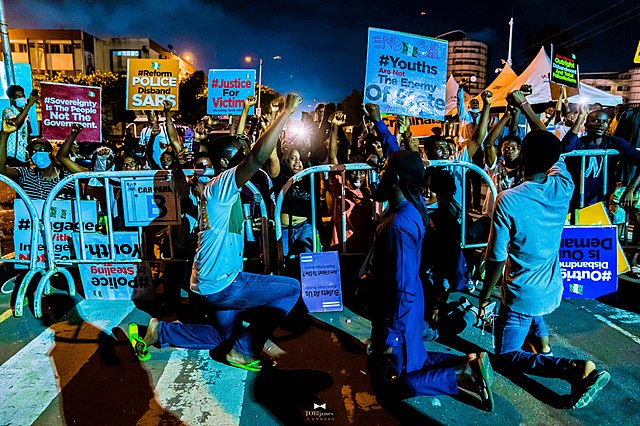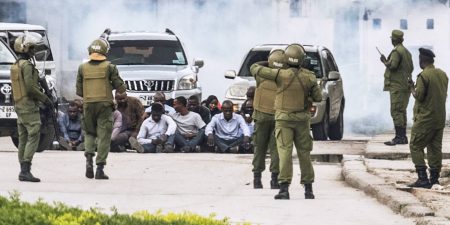Structural drivers of African migration continue to necessitate policy innovations to harness Africa’s increasingly educated and mobile labor force in ways that are safe for migrants and stabilizing for the continent.
Persistent resistance to power sharing between Somalia’s federal and state governments has brought al Shabaab to the precipice of taking Mogadishu and escalating the threat from international jihadists.
Africa Surpasses 150,000 Deaths Linked to Militant Islamist Groups in Past Decade
Escalating violence in the Sahel and Somalia has caused fatalities linked to militant Islamist groups in Africa to surge by 60 percent since 2023.
Somalia at Risk of Becoming a Jihadist State
Persistent resistance to power sharing between Somalia’s federal and state governments has brought al Shabaab to the precipice of taking Mogadishu and escalating the threat from international jihadists.
Security Topic: Police Sector Reform
China’s expanded police engagements in Africa could have potentially far-reaching consequences for African security governance. In China, party loyalty is formalized with security forces serving as instruments of the CCP. Uncritical application of China’s model of absolute party control in Africa could undermine military and police professionalism.
Kenya has assembled a national Taskforce on Police Reform to strengthen the National Police Service’s efficacy and transparency. To be successful, the taskforce must welcome community participation in the reform process and work to foster greater governmental ownership of the national policing reform agenda. It must also implement new regional policing standards that have emerged across East Africa and within the African Union.

